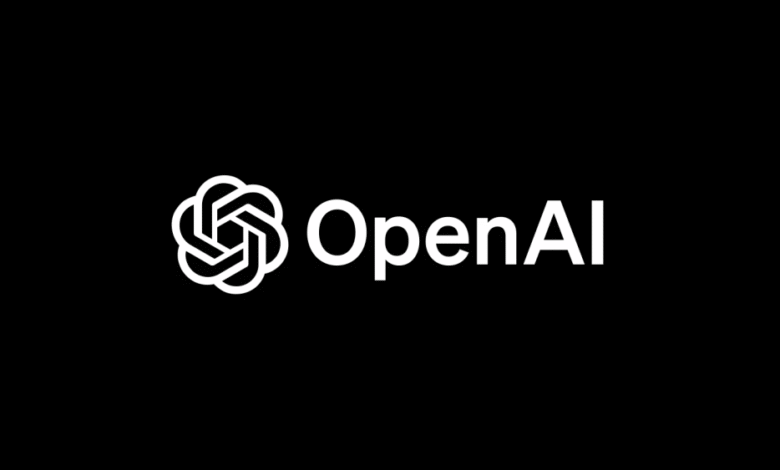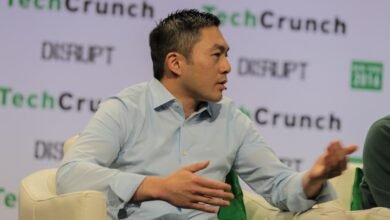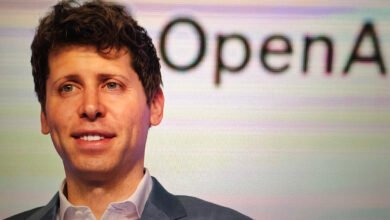MPA Slams OpenAI for Sora 2 Copyright Opt-Outs

▼ Summary
– The Motion Picture Association demanded OpenAI immediately fix Sora 2’s copyright opt-out system as infringing videos spread online.
– OpenAI’s Sora 2 model requires copyright holders to object to unauthorized use of their characters rather than preventing infringement proactively.
– MPA CEO Charles Rivkin stated OpenAI must take responsibility for preventing infringement, not place the burden on rightsholders.
– OpenAI’s Sam Altman announced upcoming updates for more copyright holder control but acknowledged some infringing content may still occur.
– The MPA rejects the idea that an opt-out system removes OpenAI’s liability, citing ongoing lawsuits against other AI platforms like Midjourney.
The Motion Picture Association has issued a strong demand for OpenAI to take immediate action regarding copyright concerns with its new Sora 2 video generation tool. This call comes as the platform sees a surge in user-created videos featuring copyrighted characters from films and television shows. The MPA argues that the current system, which requires copyright holders to actively opt out, places an unfair burden on creators rather than preventing infringement at the source.
Charles Rivkin, Chairman and CEO of the MPA, stated that infringing content has spread rapidly across OpenAI’s service and social media since Sora 2 launched. He emphasized that while OpenAI has promised future improvements, the fundamental responsibility for preventing copyright violations lies with the company itself. “OpenAI needs to take immediate and decisive action to address this issue,” Rivkin declared, pointing out that existing copyright law is designed to protect creators and is fully applicable in this context.
OpenAI CEO Sam Altman recently announced that an upcoming update will provide copyright holders with more detailed control over how their characters are generated. However, he stopped short of committing to a system that would completely eliminate unauthorized use of protected material. Altman acknowledged that some inappropriate content might slip through initially, noting that refining the technology will require ongoing adjustments.
The core of the dispute lies in Sora 2’s opt-out approach. The model was launched with the premise that rightsholders could request the removal of their intellectual property after the fact. Legally, copyright owners retain the right to pursue litigation and claim statutory damages for each instance of infringement, irrespective of whether an opt-out mechanism exists. The MPA has firmly rejected the notion that such a system relieves OpenAI of legal responsibility for violations occurring on its platform.
This is not the first time major studios have challenged AI companies over copyright issues. Earlier this year, both Disney and Universal filed lawsuits against Midjourney, alleging the platform enabled users to produce infringing videos and images. Warner Bros. initiated its own legal action against the same company in September. In response, Midjourney has defended its practices by claiming that AI training qualifies as fair use, and that any copyright infringement is conducted by users in violation of the platform’s established terms of service.
(Source: Variety)





